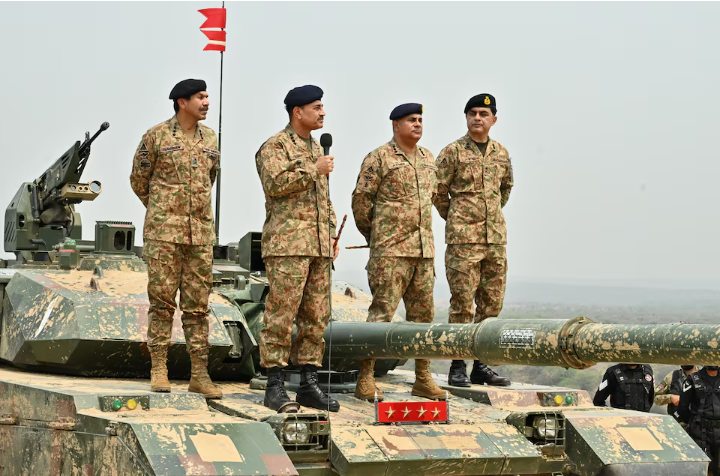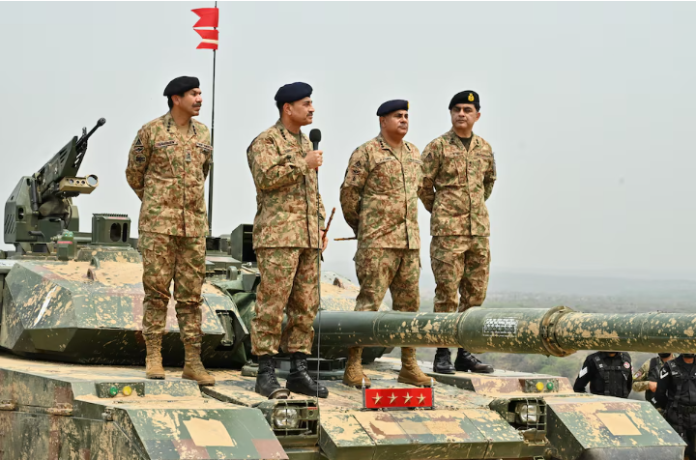In a move that could stir tensions in South Asia, U.S. President Donald Trump is set to host Pakistan’s Chief of Army Staff, General Asim Munir, for a private lunch at the White House on Wednesday. This rare and high-level engagement follows the recent ceasefire agreement between Pakistan and India—two nuclear-armed neighbors who just weeks ago faced their most dangerous military standoff in decades.
While the official agenda for the lunch remains under wraps and no press access has been granted, the meeting’s timing raises eyebrows. The Pakistani military and foreign ministry have so far remained silent on the issue, offering no insight into what might be discussed behind closed doors.
The visit comes after Trump publicly claimed credit for helping de-escalate hostilities between India and Pakistan. Last month, he stated that the two countries agreed to a ceasefire following backchannel mediation efforts led by Washington. He emphasized that both sides should prioritize trade and diplomacy over military confrontation.
However, this version of events was challenged on Tuesday night by Indian Prime Minister Narendra Modi, who informed Trump that the ceasefire was a result of direct military-to-military talks between India and Pakistan, not American intervention. India has long opposed third-party involvement in its dealings with Pakistan, and Modi’s comments reasserted that stance.
In contrast, Pakistan has acknowledged and appreciated the United States’ role in encouraging peace talks. This divergence in narratives may reflect the deeper geopolitical strategies both nations are pursuing behind the scenes.
Since gaining independence in 1947, Pakistan’s military has remained a powerful force in the country—governing directly for more than 30 years and continuing to exert significant influence even when civilian administrations are in power. General Munir’s presence in Washington is a strong signal of the military’s central role in shaping Pakistan’s foreign relations, especially with major powers like the United States.

General Munir recently oversaw “Exercise Hammer Strike,” a major field training operation conducted by Pakistan’s elite Mangla Strike Corps. His visit to the U.S. now suggests a shift from battlefield readiness to strategic diplomacy.
Analysts believe the White House lunch could cover a range of sensitive topics—from security cooperation and counterterrorism to regional stability and trade relations. Given the fragility of India-Pakistan relations, the optics of the meeting alone may be enough to provoke a diplomatic reaction from New Delhi.
As the world watches, the question remains: Is this simply a diplomatic courtesy, or the beginning of a deeper U.S.-Pakistan military partnership?



